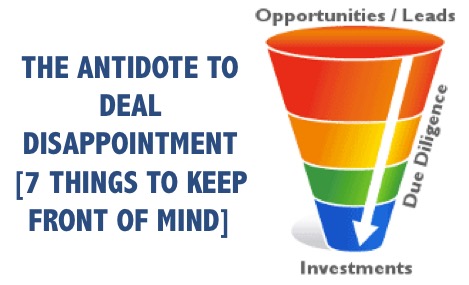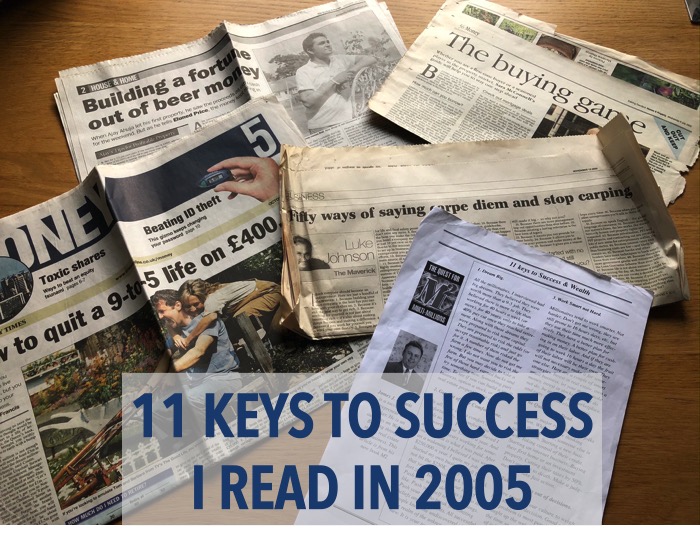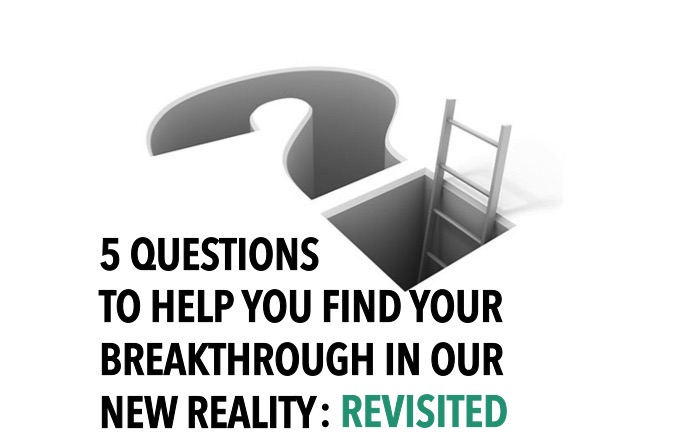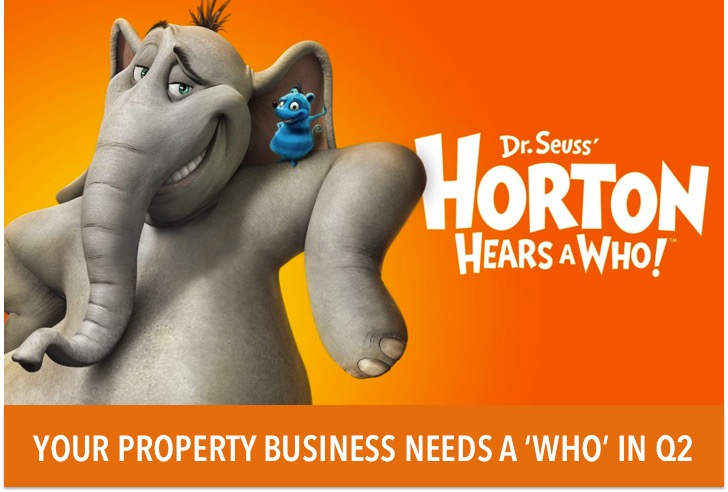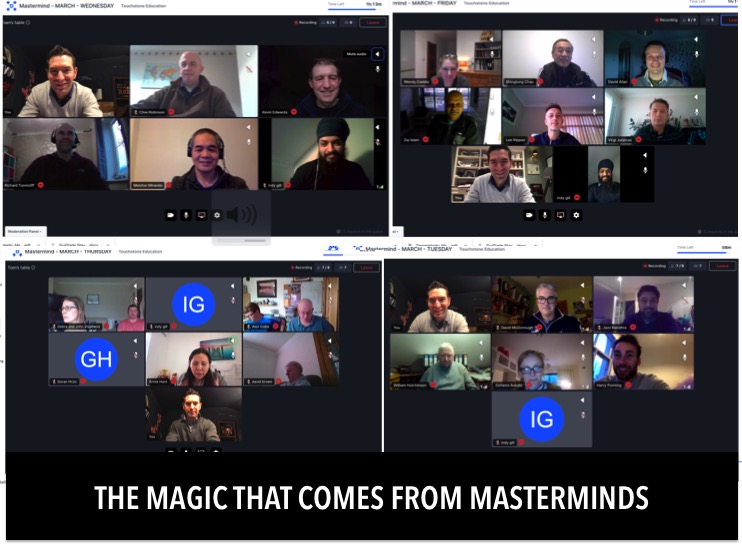Can you guess what the highest paid skill of the super successful is? When I asked this in a group coaching call a load of great answers came up – networking, sales, marketing, plus a few more. All of these skills and activities absolutely play their part, but what really underpins any answer we might come up with is one overarching super skill. And that is steadfast consistency.
Some reading this may have also seen Darren Hardy’s recent series on the ‘Success X-Factors’ where he lifts the lid on 10 common factors of the world’s most successful people. Well, X-Factor #7 in the series is Steadfast Consistency. And this one really struck a chord with me, which is why I wanted to write about it – both to anchor the philosophy in myself, and to serve as a helpful reminder to anyone reading this for whom it resonates.
We all know that the greatest Achilles Heel to our human behaviour is the fact that people are typically terrible at staying consistent with positive behaviours. Everyone sets goals or makes resolutions at new year, but very few achieve them and even fewer maintain them. All those promises and intentions that people make drift ever so slightly until they just drop off a cliff. Its a sad truth that humans lack commitment and the ability to sustain the promised activity/behaviour over a long period of time.
This is where Darren reminds us of that meaning of commitment we’ve heard so many times before,
“COMMITMENT IS DOING THE THING YOU SAID YOU WERE GOING TO DO LONG AFTER THE MOOD YOU SAID IT IN HAS LEFT YOU”.
That last half of the quote is the decider – the bit about ‘long after the mood you said it in has left you’. You see, people tend to set goals when they are in an empowered, ambitious, heightened mood. You know the score – the punctuation of a new year brings the resolution that ‘this year is going to be different, this year I will add X properties to my portfolio and £X amount in passive cash flow per month’. And it’s relatively easy to be committed when in that mood, but soon the mood will leave and that’s when the real test of commitment will come. This lack of consistency is why most humans don’t reach those dreamy goals. Darren refers to that lack of consistency as the, “subtle stealer of dreams”.
So why am I writing about this? It’s absolutely not to mentally beat readers into a feeling of defeat and ‘why even bother’. No, quite the opposite. I’m writing about this common human fault so we can wage war against it and consciously remind ourselves to STAY CONSISTENT with the practices that will bring our property goals to fruition.
We have to work on MASTERING CONSISTENCY.
How you might ask.
When the thought crosses your mind about slacking off on your action plan, consider the massive cost of inconsistency – in other words the cost of not doing that single action but also the potential collapse of your entire progress and momentum. That is why its one of the most important principles of success.
A FEW TIPS ON MASTERING CONSISTENCY
#1: FOLLOW AND MODEL people who are already successful in this attribute and in the area you want the results. Tony Robbins reminds us that, “if someone is successful at anything, and more than once, then they have a strategy, even if it’s unconscious, they are doing certain things consistently.
We need to make it our business to learn what those consistent things are and create habits, routines and rituals around them. In your property business will that be in relation to the regular communication cycles with commercial agents, will it be the number of networking events you attend, investor conversations you initiate, weekly social media activity, regularly calling through past SA guests for referrals…..? In relation to your health and personal development will that be a certain number and type of weekly workouts, a certain dietary plan, a consistent morning and evening routine.
This is what you need to figure out and then practice and develop your skill of consistency.
#2: HARNESS ACCOUNTABILITY. Once you’ve identified the activities that will lead to your goal achievement, stacking multiple layers of accountability around those weekly tasks is one of the most powerful things you can do. Getting things done is a social phenomenon and once you learn how to effectively leverage accountability, it will be the unfair advantage in your corner. In my humble opinion, leveraging accountability is one of the most powerful ways to win the war against that part of our human nature that, if left to its own devices, can be the ‘subtle stealer of dreams’. And the great thing is outsourcing accountability brings the best results. You can outsource accountability to people you trust, respect and value – ie your spouse, a friend, a coach or a mentor.
It’s not about how you start something, it’s about how you continue. If you stay consistent, even if slowly, the tortoise will always beat the most talented.
What activity in your property business will you commit to consistency with?


